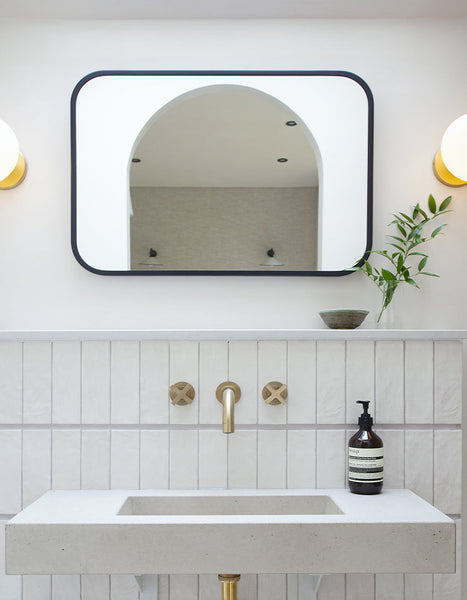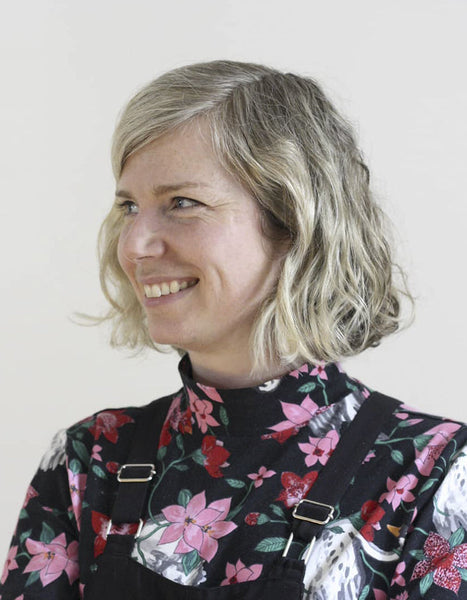CanÕt Sleep? This Is What Not To Do

As part of our focus on ‘sleep’ this Autumn, we spoke to Christabel Majendie, resident sleep expert for organic bed and mattress brand, Naturalmat.
Sleep problems are very common with one in three people experiencing sleep disturbance at some point in their life. Often the things people do to try to help them sleep actually do the opposite so here’s what not to do.
1. Don’t try to compensate by lying in or staying in bed.
Although it’s tempting to try to catch up on sleep if you haven’t had a good night’s sleep this can disturb the systems that regulate your sleep. Lying in can disrupt the timing of the circadian rhythm, your internal body clock, leading to problems getting to sleep at night and feeling unable to get up at your usual rise time. During times of sleep disturbance, it’s even more important to wake up and get out of bed at the same time every day, even at the weekend. Although you might feel you are not getting enough sleep in the short -term, the consistent rise time will help to get sleep back on track.

2. Don’t go to bed earlier than usual.
You might think “I need to go to bed earlier because I slept badly,” but spending more time in bed doesn’t guarantee more sleep. In fact, it can cause the opposite; if you go to bed before your body clock’s natural sleep time or extend your time in bed, you might find sleep doesn’t come or you might have a few hours awake in the middle of the night. Even if you are tired, go to bed at your usual time and don’t increase your hours in bed.

3. Don’t watch the clock or look at your phone.
Checking the time when you can’t sleep can make you stressed so it’s harder to sleep. Browsing on your phone can make you more alert which is not what you want for sleep. In addition, any light-emitting device close to your eyes will send a message to your brain to wake up, can disrupt sleep later in the night and disturb the internal body clock on subsequent nights. While blue-light filters and night mode can reduce this effect, any bright light is problematic for sleep.

4. Don’t cancel your plans.
If you have slept badly, you might feel you haven’t got enough energy for exercise, socialising or other planned activities. But exercise can help you sleep and is a great stress-buster while getting outside in daylight can strengthen your body clock. Socialising is important to lift your mood which can take a dip after a disrupted night. Dropping plans because you haven’t slept well can exacerbate the problem.

5. Avoid caffeine in the afternoon and evening.
Caffeine is a stimulant so it can suppress sleepiness. While this might be a help in the morning, caffeine later in the day can make it harder for you to fall asleep or stay asleep. Also, some studies have shown it can reduce the amount of deep sleep you get.

6. Don’t worry!
Stress is a trigger for sleep issues, whether it’s worry about work, personal life or sleep. For most people the sleep issue resolves without them having to do much. But stressing about not sleeping and the consequences can make the problem worse and can turn it into a long- term issue.

This is a guest journal post from Naturalmat. To learn more about their organic beds, mattresses and accessories, visit naturalmat.co.uk. For more sleep advice from Christabel Majendie, visit her website: christabelmajendie.co.uk



